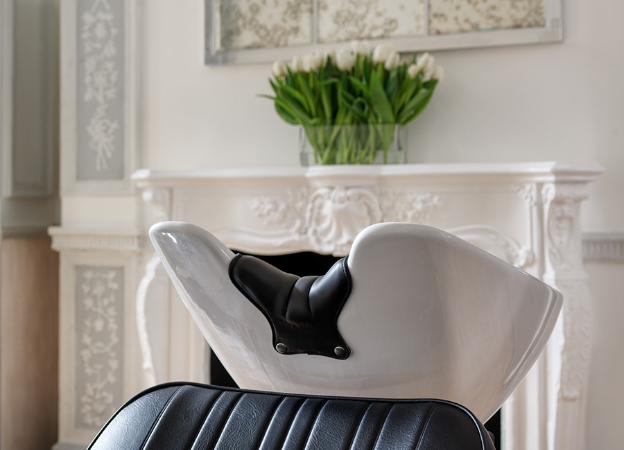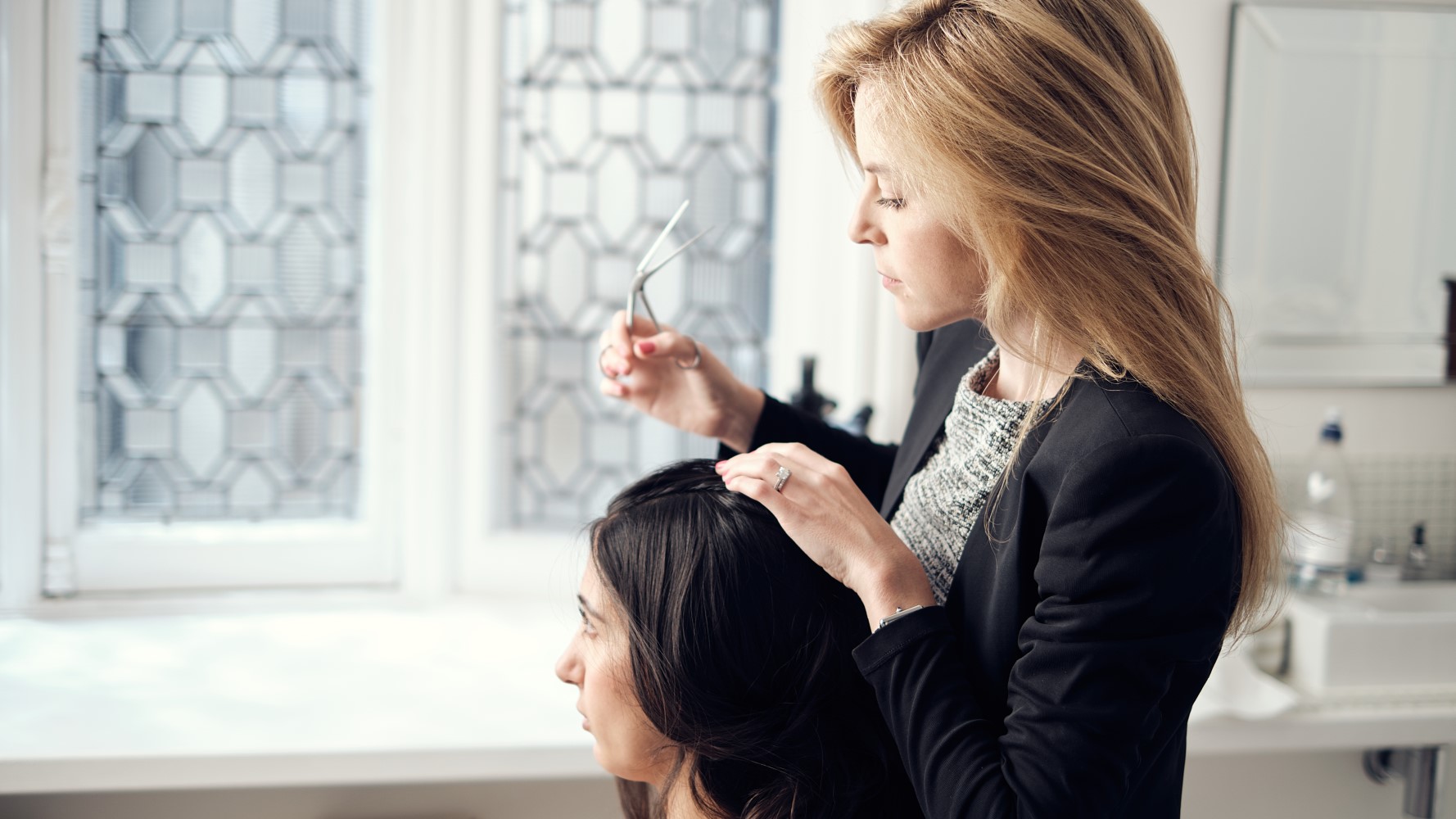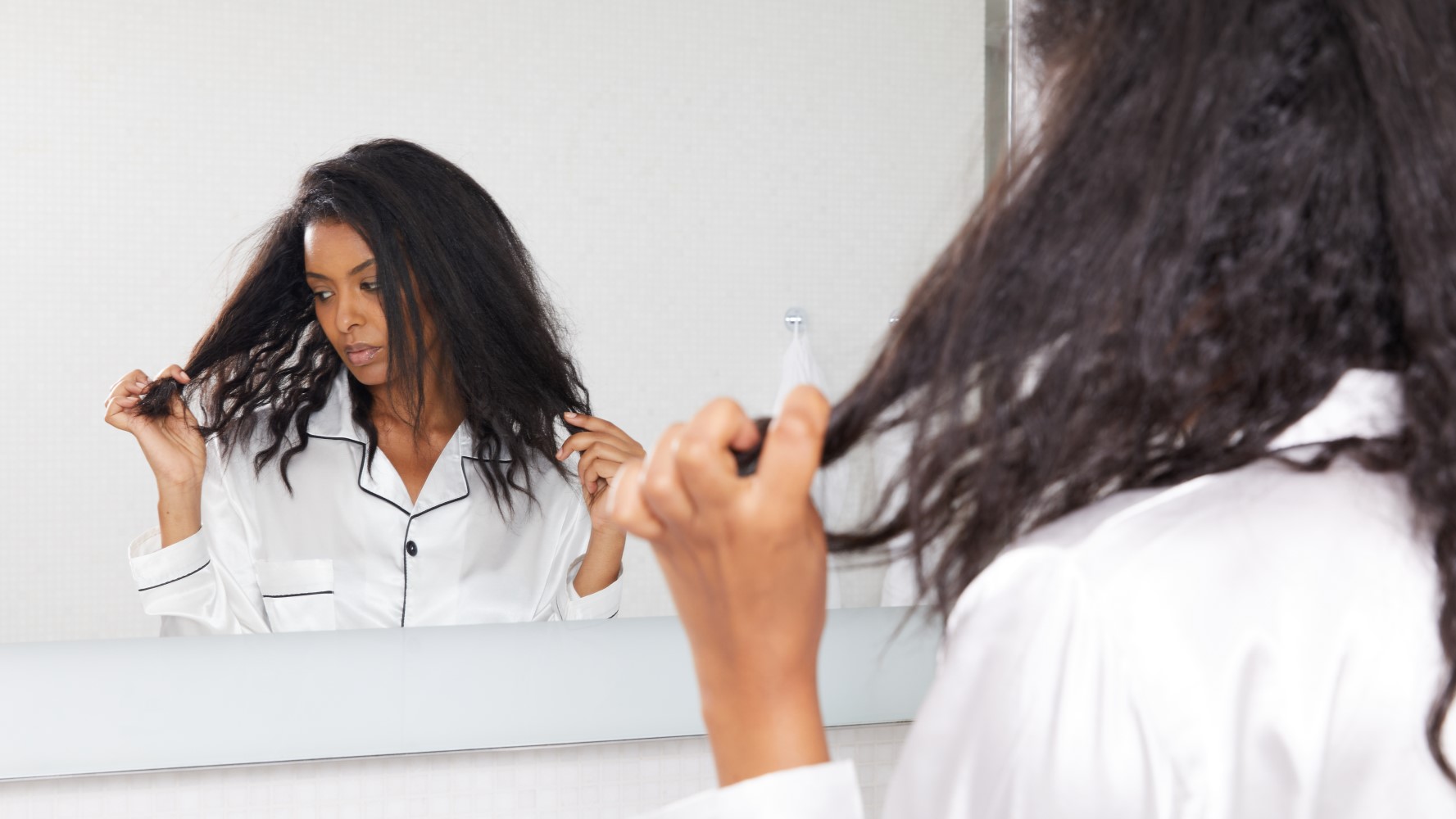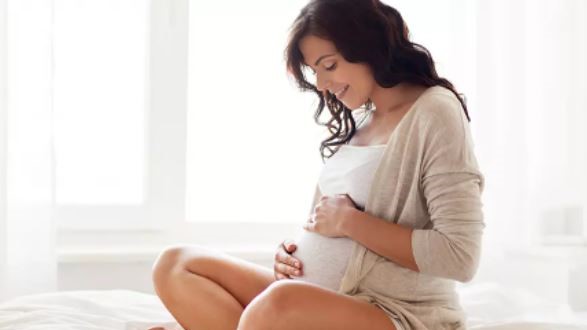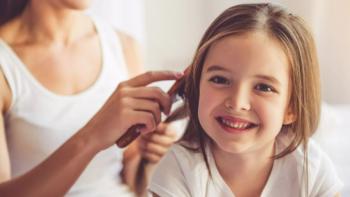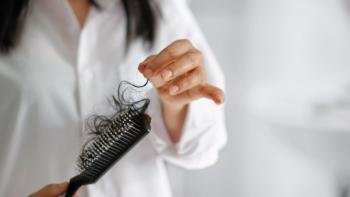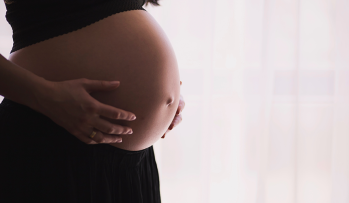Pregnancy can affect your hair in many different ways. Many women report that their hair looks better than ever during pregnancy, while others find that their hair is drier and brittler than usual. Still others do not report any change at all.
In general, while you are pregnant, you are likely to shed fewer strands than usual. This is because during pregnancy you have higher levels of oestrogen in your body. Oestrogen is a hair-friendly hormone: it keeps hairs in their anagen (growth) phase for longer, and delays them from moving into their telogen (shedding) phase. Hence why many women find that their hair is fuller, thicker and shinier during pregnancy. This effect may be most noticeable in the third trimester.
Occasionally, however, some women experience increased hair shedding during pregnancy. This may be caused by factors such as severe and prolonged morning sickness, and gestational diabetes.
Please do not worry if your hair during pregnancy is not what you might have expected. What is normal for one person may not be normal for another. Hormonal changes vary in each individual, and also during different pregnancies. The sensitivity of different people’s hair follicles to these changes is also different.
It is important to know that no matter how your hair may change during pregnancy, it should return to its former state once your baby is born.
Postpartum Hair Shedding
Postpartum hair shedding can be a stressful experience at an already stressful time — but rest assured that it is completely normal, and any hairs you lose will grown back.
What Causes It?
After you give birth, or stop breastfeeding, the high oestrogen levels you had during pregnancy (or breastfeeding) revert back to normal. The hairs that were being kept in their growth phase now move into their shedding phase. They rest for several weeks, and then after about 3 months, they fall out. This is why you might shed a large number of strands within a short period of time.
What Does It Look Like?
You will probably notice more hairs coming out when you brush and style, in your shower drain, and perhaps on your pillow and clothes. Rest assured that this type of hair loss is always temporary and is nothing to worry about at all.
Feel free to continue shampooing, conditioning and styling your hair as normal. These actions will not cause or worsen shedding.
How Long Will It Last?
Hair shedding should slow down around 6 months postpartum. If you find that it does not, there may be another underlying issue. Pregnancy can affect your thyroid function and your ferritin levels, both of which can impact your hair. The stress of having a newborn and/or breastfeeding may also take a toll on your body.
If your hair shedding does not ease off after about 6 months, we suggest that you consult with a Trichologist and/or your doctor.
Pregnancy and Your Scalp
Occasionally, scalp conditions such as psoriasis can temporarily disappear during pregnancy. However, your hair and scalp usually go back to their previous state once your baby is born.
Hair-Healthy Nutrition During Pregnancy
A foetus requires a huge amount of energy to grow, and so do your hair cells. Your body will, of course, prioritise your baby’s needs over those of your hair. Among other things, your iron and ferritin levels may drop, because your body will divert some of these nutrients to your baby.
To help keep your hair healthy, and to make sure it is getting enough nutrients, follow our four-hour nutrition rule: Snack on a complex carbohydrate such as fruit/wholegrain toast if more than 4 hours is left between meals.
Please note: always consult your doctor before making any changes to your diet.


